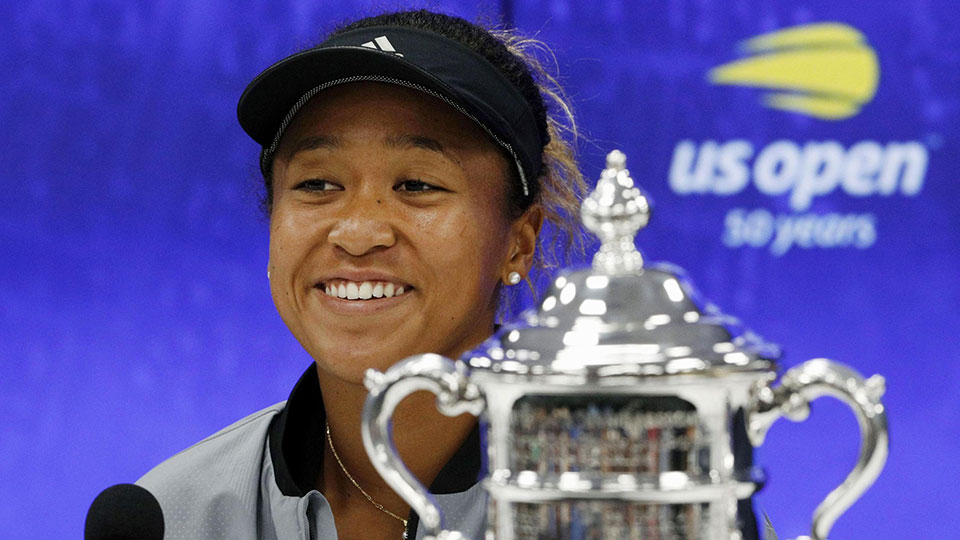Osaka announced ahead of the start of the tournament that she would be skipping mandatory post-match media duties, citing what she called a lack of consideration from reporters for the mental health of players. Event organizers slapped her with a $15,000 fine for this after her first-round victory on Sunday and threatened her with expulsion. On Monday, Osaka evidently decided not to push back anymore.
The four-time Grand Slam champion explained her reasons in a social media post: “The truth is that I have suffered long bouts of depression since the US Open in 2018 and I have had a really hard time coping with that.”
It was her victory at that tournament that made Osaka a household name. But the final was notable less for her dominant play than a heated row between her opponent, Serena Williams, and the chair umpire. During the post-match ceremony, fans, furious that the umpire had issued repeated violations to Williams, took out their anger on Osaka, booing her as she lifted the trophy. Osaka, then just 20, broke down in tears.
Williams, who came to Osaka’s defense at the time, says she sympathizes with the decision to withdraw.
“I wish I could give her a hug because I know what it’s like,” she says. “I’ve been in those positions.”
Ojio Yasutaka, a psychologist at the National Center of Neurology and Psychiatry, says Osaka’s withdrawal highlights the misconception that athletes are immune to mental health issues.
“They can have the same level of stress as other people,” he says. “It's important for athletes and their teams to understand the importance of mental health care and consider what kind of help they need.”

Former star Sugiyama Ai, who won several grand slam doubles titles, praised Osaka for highlighting the challenges faced by top tennis players and athletes in general.
“Elite athletes like Osaka are in a unique position to be able to use their platforms to have a strong influence,” she said. “But that can in turn put them under so much pressure.”
Sugiyama also said she believes Osaka is not only focused on her own mental health but is genuinely trying to change the system.
Osaka indicated as much in her statement, saying she hoped to work with tennis officials in due time to make things betters for “players, press and fans.”
Her decision already seems to be bearing fruit. On Tuesday, the leaders of all four Grand Slam tournaments issued a statement promising to work alongside players, media, and the tennis community to implement improvements, though they did not mention any specific changes.
Ojio, the psychologist, says Osaka has already done more than enough to set the ball rolling: “The fact that one influential athlete raised her voice will be an opportunity to change society.”

